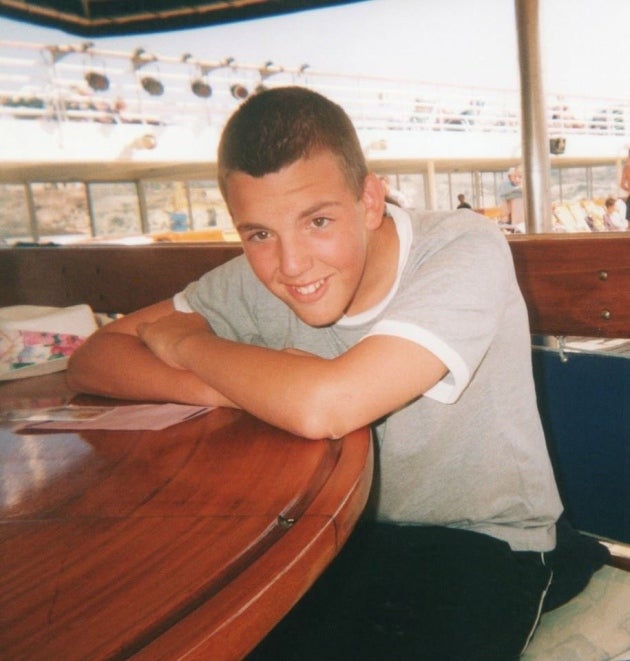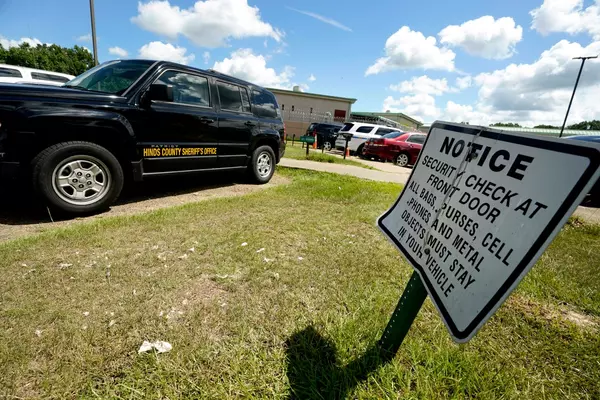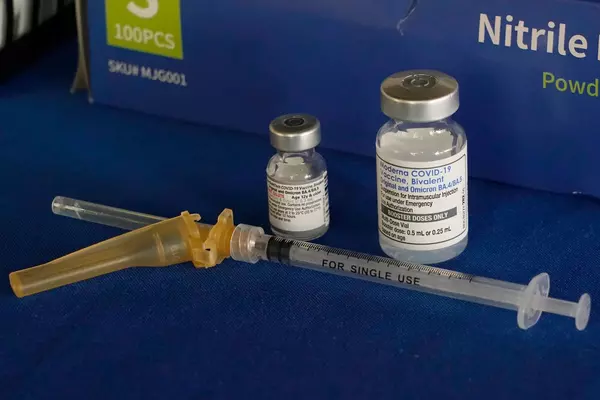
A decision to drop the investigation into the deaths of up to 25 people in the care of NHS mental health services has been described by as a “bombshell” that leaves them without “accountability or recourse”, by their families.
Essex Police had spent nearly two years investigating deaths across nine sites at North Essex Partnership University Trust since 2000.
Although they uncovered “clear and basic failings” in care, they decided there was insufficient evidence to bring corporate manslaughter charges and investigators said they will take no further action.
The investigation began in January 2017, looking into the death of 20-year-old Mathew Leahy who was found hanged at the Linden Centre mental health unit in 2012.
On the eve of the anniversary of his death, Matthew’s mother Melanie Leahy told The Independent the news had left all the families involved exhausted.
However they are now determined to push for a public inquiry into the trust and reforms of corporate manslaughter legislation to ensure large organisations cannot avoid accountability in future.
“My son died, well it was tomorrow: 15 November 2012, in the Linden Centre. It’s been a two-year wait for this meeting, where they dropped the bombshell that there would be no accountability and no recourse, because we’re not victims ourselves, per se. They explained that the bar for corporate manslaughter is extremely high, they need to show connection between senior management right at the top and the failings on the ward.”
Areas of concern identified by the police include policies on searching to uncover items that could pose a risk to patients, care plans, communication with families and the appointment of appropriate staff.
There was also issues with the numbers of “ligature points” where patients experiencing suicidal thoughts might try to hang themselves.

This is the focus of a separate investigation by the Health and Safety Executive which is due to report in the next six months and which Essex Police said it was assisting with.
North Essex Partnership University Trust merged with the South Essex Partnership University Trust in April 2017, and the body is now called Essex Partnership University Trust.
While the Care Quality Commission watchdog rated the trust “good” on its last inspection, Ms Leahy says the merger has not entirely addressed the issues that existed at North Essex Partnership, which had been rated “inadequate” for its mental health care.
She returned to the Linden Centre wards this summer, alongside Lisa Morris whose son Ben died at the unit in 2008, and she said they were “were absolutely disgusted”.
She added: “The staff training is poor, they’re using so many agency staff, there’s still evidence that observations aren’t being done at the rate they’re meant to be dong – although they’re saying lessons are being learned it’s just so, so slow.”
The families now want a public inquiry into the trust as well as wider legislation reform.
“It began as just looking into my own son’s death but as a group we thought if we could get corporate manslaughter down here, we’ll set the precedent for the rest of the country because the same failings are happening all over the NHS. This lack of accountability means the staff, managers, just shift jobs and the NHS allows it to happen.
“The NHS allows it to happen, how can we stop that as just mere families?”
Senior investigating officer Temporary Detective Supt Stephen Jennings, of the Kent and Essex Serious Crime Directorate, said: “As part of our investigation we identified clear and basic failings which in our opinion should have been easily overcome.
“These, however, did not meet the evidential threshold to proceed for a charge of manslaughter.”
Sally Morris, chief executive of Essex Partnership University NHS Foundation Trust, said: “We appreciate this will be a difficult time for those people who sadly lost a loved one.
“Our thoughts are with them and we are here to provide support should they wish.”
She said the trust cooperated fully with the police investigation.
The trust was rated as good overall by the Care Quality Commission following an inspection in April, has invested £2.1m in improving safety on wards since April 2017 and is planning to spend a further £700,000 in the coming year, she added.






